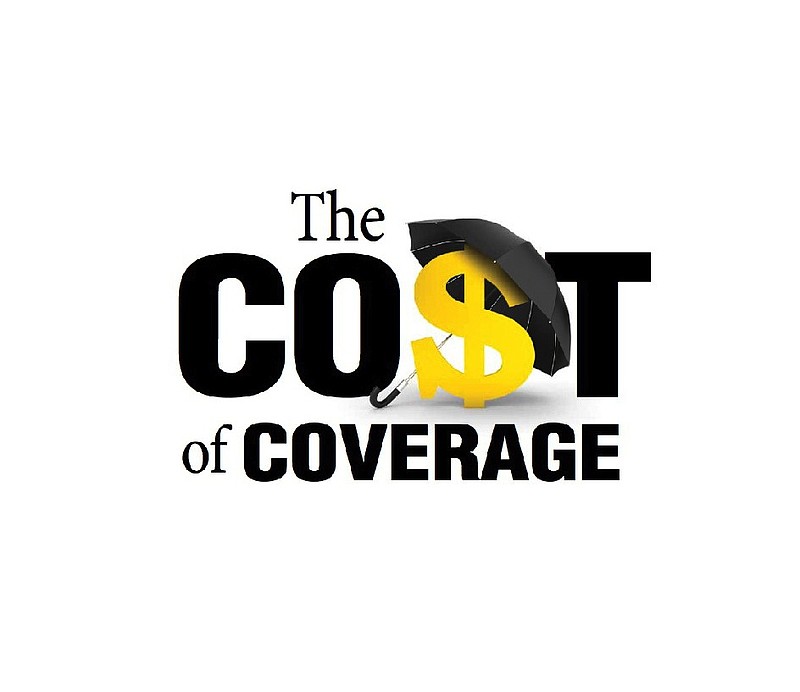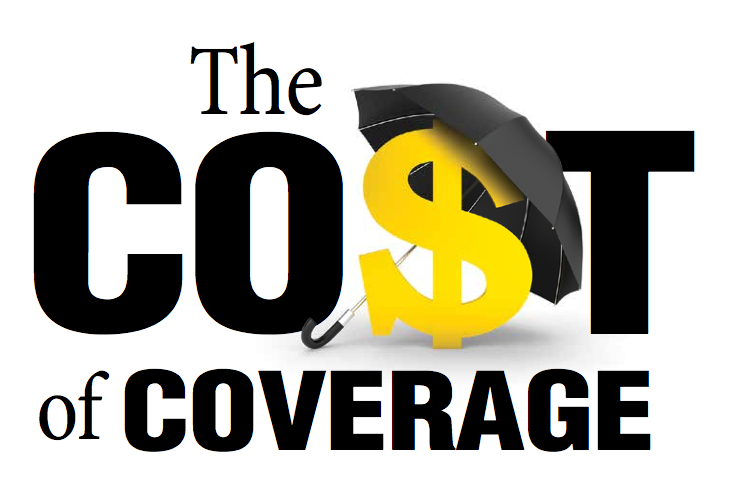Days before a seismic shift in Americans' access to health insurance, shoppers hoping to purchase coverage under the Affordable Care Act finally had their first peek at what it will cost them.
Among the new ballpark ranges released Wednesday by the Obama administration, Tennessee's look to be some of the cheapest.
And Georgia and Alabama's premiums hover below national averages on the 36 federally run exchanges -- online marketplaces where consumers will be able to shop for private plans and apply for subsidies.
While the new data give consumers a taste of what's ahead next week when the exchanges go live, the Obama administration still has not released specifics about the dozens of plans that will be available locally -- a frustration for those trying to plan for the six-month open enrollment period.
The exchanges are geared toward those who do not already have insurance through their employers. All three governors in the tri-state region opted to let the federal government run the exchanges rather than set up their own.
The plans are ranked bronze, silver, gold and platinum, based on coverage options. The second-lowest-cost "silver" plan -- which covers a projected 70 percent of medical costs -- has been used as a benchmark.
Nationally, the average cost for that plan is $328 a month for individuals, while in Tennessee, it will be $245. It will cost $317 in Georgia, and a dollar more than that in Alabama. Those costs don't factor in tax subsidies that many people buying on the exchanges will be eligible to receive.
With the average subsidies taken into account, a Tennessee family of four with an income of $50,000 could buy a silver-level plan for $282 a month or less, and a 27-year-old making $25,000 could buy coverage for $145 a month or less. Bronze plans cost less, and those eligible for cost-sharing could see further reductions.
"It's great confirmation for here in Tennessee, which has been so opposed to this law, that the average resident of the state has a lot of benefit when you're looking at average household income," said David Yoder, vice president of American Exchange, a new Chattanooga-based insurance broker that specializes in both employer and individual coverage options under the Affordable Care Act.
But Yoder and other experts have cautioned about making too much of the averages.
In the new system, the price can swing dramatically based on factors such as your home state and county, your age and family size, the plan you pick and what tax subsidies you may qualify for based on your income. A major number to find out, Yoder said, is your family's poverty level, even if you don't consider yourself in poverty.
•••
In most cases, people who start shopping on the exchanges Oct. 1 will have several private plans to choose from, depending on which state and county they live in.
But even in the eleventh hour before the plan's rollout, the federal government still has not formally approved or announced which companies will be permitted to operate on Tennessee's exchanges.
BlueCross BlueShield of Tennessee -- one of four companies to submit plans to the exchange, but the only one to offer it in all 95 counties -- still has not received the federal OK for its plans, said spokeswoman Mary Danielson.
But Danielson said the notably low averages in Tennessee reflect the kinds of rates the company submitted. After conducting focus groups, she said, BlueCross aimed for a price point between $50 and $100 for its monthly rates.
"That was the range that we tried to set for the majority of the products we filed," she said. "It would be safe to say that we feel like we very competitively priced our products in hopes that people would select us as their choice on the marketplace."
Touting the lower-than-expected exchange rates at a health care forum in New York City on Tuesday, President Barack Obama said that a 27-year-old woman could buy "high-quality health insurance for less than the cost of your cellphone bill."
But even as the averages were unveiled Wednesday, Tennessee Republican senators continued to cry foul. They said consumers aren't getting the whole picture and voiced hopes of repealing or delaying the start of the Affordable Care Act.
On CNN's "New Day" on Wednesday, U.S. Sen. Bob Corker, R-Tenn., said he still hoped for the "possibility of a delay of the individual mandate. ... Maybe a delay in the subsidies since you cannot verify people's income at present."
U.S. Sen. Lamar Alexander, the senior Republican on the Senate health committee, said the law would increase premiums for some Tennesseans by "as much as 190 percent."
Using the new premium averages, Alexander said a 27-year-old Memphis man who now can buy a bare-bones private insurance plan for $41 would have to pay $119 for the cheapest plan on the exchange.
"This isn't what President Obama promised Tennesseans, but it's what he's giving them -- higher costs and less choice -- two of the most urgent reasons Obamacare must be repealed and our health care system fixed," Alexander said in a news release.
Yoder said that while Alexander's statement may be true, it doesn't tell the whole story. It doesn't account for income, household size or potential tax credits, and doesn't elaborate on the deductibles or co-pays each plan would include.
BlueCross also said there was not an "apples to apples" comparison between current individual policies and ones offered on the exchange. The company said its lowest-priced plan in Memphis is $116 a month, and that includes a deductible and out-of-pocket maximum that is significantly less than the $41 bare-bones plan.
The private plan cited in the Memphis example is no longer allowed under the law, since it does not include "essential health benefits."
Those benefits -- part of every plan on the exchange no matter the premium -- include pediatric dental and vision, maternity and mental health coverage.
BlueCross has acknowledged that its rates for individual plans will increase an average of 30 percent to help cover the new benefits.
Consumers can begin reviewing and signing up for the exchange plans Tuesday. Coverage will start Jan. 1 for those who sign up by Dec. 15, but enrollment will stay open until March 31, 2014.
Yoder said that while his company and other organizations are rushing to educate people on their options, it will still be a highly individual process.
"It's going to be consumer-driven health care instead of employer-driven health care," said Yoder. "The conditions surrounding the price are so specific to the individual that people really need to do their own research."
Contact staff writer Kate Harrison at kharrison @timesfreepress.com or 423-757-6673.

